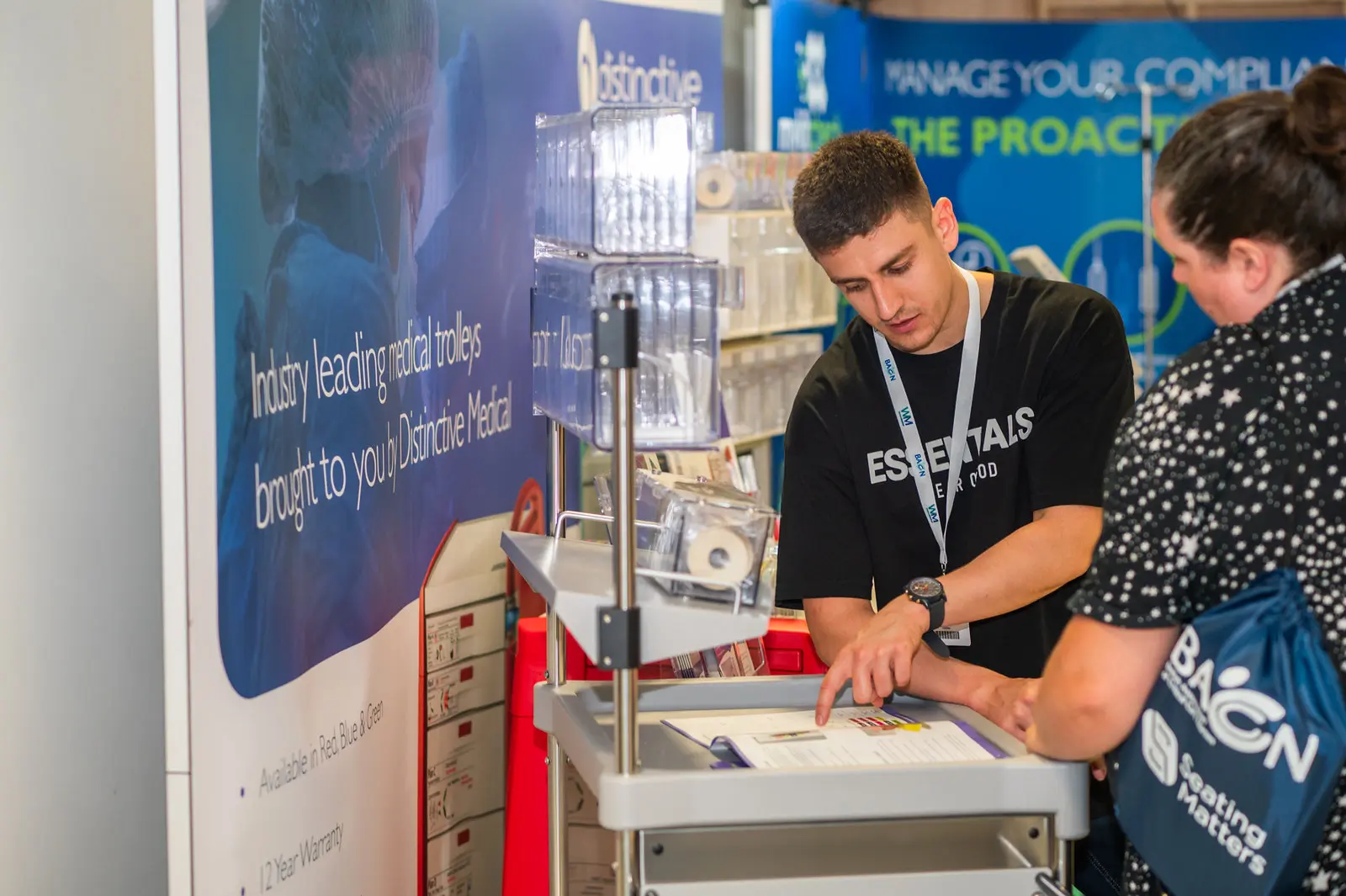
Enhancing Efficiency and Safety: The Benefits of Standardising Trolleys in Hospital Settings
In the fast-paced environment of hospitals, where every second counts and precision is of paramount importance, the setting’s efficiency and organisation cannot be overstated. One often overlooked aspect of hospital operations is the standardisation of trolleys, yet its impact on streamlining processes and enhancing patient care is rather significant. By implementing standardised trolleys across various departments, hospitals can achieve a multitude of benefits, ranging from increased efficiency to improved patient safety.
1. Consistency and Organisation
Standardising trolleys ensures a consistent layout and inventory across different departments and units within the hospital. Whether it’s a medication trolley, resuscitation trolley, anaesthesia trolley surgical instrument trolley, and so on, having a uniform setup eliminates confusion among staff members. Nurses, physicians, and other healthcare professionals can easily locate necessary items, leading to smoother, calmer, and more effective workflows. This consistency also aids new staff members in familiarising themselves with the equipment and procedures quickly.
2. Time-Saving
In a healthcare setting, time is of the essence the majority of the time. Having standardised trolleys helps to save precious time by minimising the need for staff to hunt for supplies or navigate through unfamiliar layouts. With everything in its designated place, healthcare providers can focus their energy on delivering timely and effective care to patients. This time-saving aspect becomes particularly crucial in emergencies where every moment counts, and swift action can be life-saving.
3. Enhanced Patient Safety
Patient safety is paramount in any healthcare setting. Standardised trolleys contribute significantly to patient safety by ensuring that the right supplies and medications are readily available when needed. By reducing the likelihood of errors in medication administration or missing essential equipment during procedures, standardised trolleys help mitigate risks and prevent adverse events. Additionally, standardised trolleys can be designed with safety features such as secure locking mechanisms for medications, in turn reducing the risk of medication errors or unauthorised access.
4. Improved Inventory Management
Standardising trolleys facilitates better inventory management practices within the hospital. With a clear understanding of what items should be stocked on each trolley, inventory levels can be monitored more effectively, ensuring that supplies are always adequately stocked without excess or shortages. This not only prevents interruptions in patient care due to missing supplies but also helps optimise inventory control, leading to cost savings for the hospital.
5. Compliance and Quality Assurance
Standardisation of trolleys aids hospitals in complying with regulatory requirements and quality assurance standards. By adhering to standardised protocols for equipment and supply management, hospitals can ensure consistency in care delivery and demonstrate their commitment to patient safety and quality improvement initiatives. Standardised trolleys also facilitate easier audits and inspections. Inspectors can quickly assess whether proper procedures are being followed and essential supplies are available as required.
Conclusion
In conclusion, standardising trolleys within hospital settings offers a multitude of benefits that contribute to improved efficiency, patient safety, and overall quality of care. By establishing consistency, saving time, enhancing patient safety, improving inventory management, and ensuring compliance with regulations, standardised trolleys empower healthcare providers to deliver optimal care while streamlining operations. As hospitals continue to prioritise efficiency and patient-centred care, the standardisation of trolleys emerges as a fundamental strategy for achieving these goals.